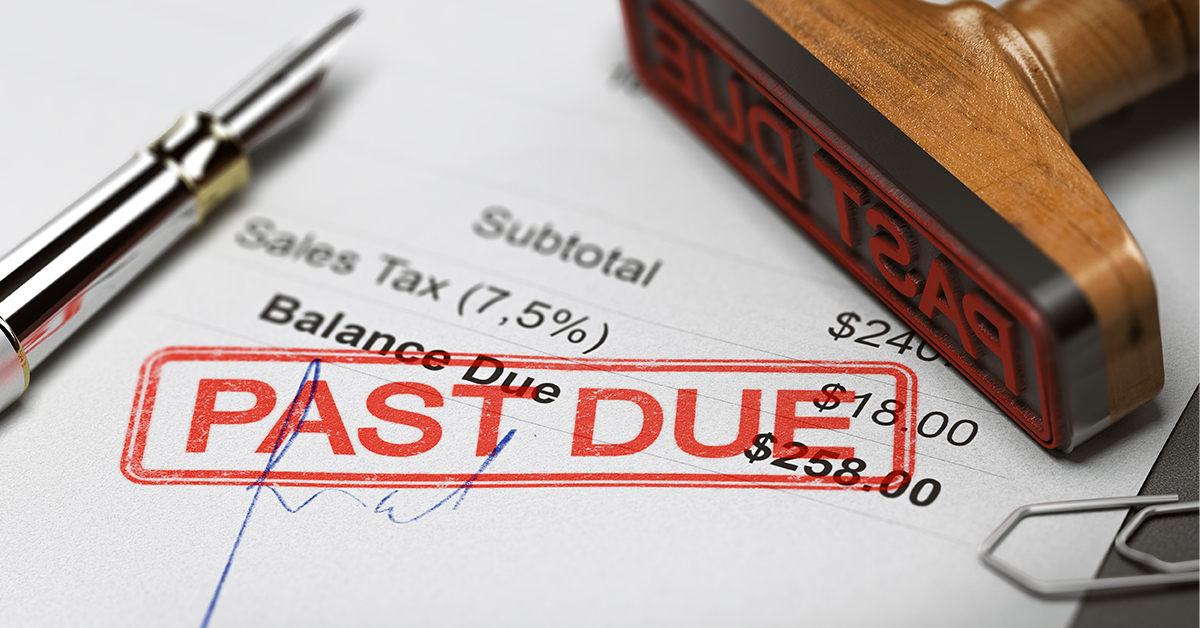Are you Owed Money?
Does a company owe you money because of a contractual obligation? Common examples include unpaid accounts or invoices, unpaid rent or non-payment of goods or services.
While the first step in debt recovery should always be negotiation, there are a number of cases which might warrant taking formal legal action.
Recovering a debt owed to you can be inconvenient and complex. A comprehensive understanding of the debt recovery process is vital for all creditors who wish to succeed in recovering debt, and this is something BTL can help you with. Our highly experienced commercial litigation team can guide you through the process outlined below in order to secure the best possible outcome for you.
Should you seek Recovery?
Before taking any formal action to attempt to recover a debt, a careful cost-benefit analysis assessing whether it is commercially viable to pursue the debtor needs to be completed. Questions you need to consider include:
- Is the debt disputed? If there is a dispute about whether the debt is properly owing, then debt recovery procedures will not be appropriate.
- Are there good prospects of recovery?
- Do you have proof of the claim by way of an agreement in writing?
- Are the costs of instituting proceedings warranted considering the amount of the debt?
- Will the debtor be capable of paying the debt in the case of successful proceedings?
- Does the debtor have multiple creditors, possibly reducing the fund available to pay the debt?
- The costs of legal representation. Our fixed fee model here at BTL helps to provide you with certainty as to the costs associated with recovering a debt.
Commencing the Process of Debt Recovery
Issuing a letter of demand is often the first step in commencing formal debt recovery proceedings. This letter should clearly outline the circumstances of the debt, including the amount owed, why such an amount is owing, how and when you wish to be paid and the consequences of non-payment. The demand cannot be harassing, threatening or intimidating and cannot purport to be an official court document.
If the debtor fails to respond or their response is unsatisfactory, the matter can be pursued through the Queensland Civil and Administrative Tribunal (QCAT) or the courts depending on the monetary value of the debt.
The Magistrates Court has jurisdiction for matters up to $150,000. Matters over $150,000 and up to $750,000 are heard in the District Court. The Supreme Court hears matters over $750,000.
Statutory Time Limit
In Queensland, a claim relating to a debt recovery needs to be brought within 6 years of the date when the debt first arose, with some exceptions.
Claim and Statement of Claim
A Claim and Statement of Claim will then need to be drafted and filed at the relevant court. These documents need to clearly articulate the circumstances of the Claim and must be supported by reference to documents which prove the debt. Once filed, the registry will issue the proceeding, and the sealed Claim and Statement of Claim must be served on the debtor. Service can be by posting or delivering it to their registered office or serving it personally upon a director.
Defence and Counterclaim
The debtor then has 28 days after the day the claim is served to file a Notice of Intention to Defend and Defence which may also be accompanied by a counterclaim against you. If the counterclaim can be proved, it can be set off against your claim.
Default Judgement
In the case that the debtor fails to file their Defence and or counterclaim within 28 days after the day the claim is served, a default judgement in your favour can be obtained. A defendant can still file and serve a notice of intention to defend after the 28 days has elapsed provided this occurs before a judgement is made (UCPR Rule 138).
Disclosure
If the debtor defends the proceedings, the process of discovery must be complied with. Each party must disclose all documents and correspondence relevant to the claim, regardless of whether they are favourable to your claim or not. As part of this process, you are required to prepare a list of documents disclosing every relevant document in your possession.
Settlement Conference
The Magistrates Court offers a form of mediation, known as a settlement conference, conducted by a Registrar of the Court. Settlement conferences are free of charge to the parties and offer a vital opportunity to resolve a dispute without incurring the costs of a trial.
In the District and Supreme Courts, the parties are encouraged to settle the dispute through mediation.
In a settlement conference or mediation, the mediator or Registrar does not play a determinative or advisory role and merely facilitates a resolution by the parties. Any mediation is undertaken on a ‘without prejudice’ basis, meaning that anything said in the mediation cannot be used against any party in the future should the mediation fail.
Trial
If a resolution cannot be reached by agreement, the matter must go to trial. At trial, the burden of proof is on the plaintiff to prove their claim on the balance of probabilities. This may involve giving oral evidence about the circumstances of the debt and being cross-examined. After the court has heard all of the evidence, the court will make a judgement as to the outcome of the dispute.
Can you Claim Legal Costs?
Litigation can be costly. If your claim is successful an order will normally be made that requires the unsuccessful party to pay the legal costs for proceedings. Costs can be calculated on a ‘scale’ basis, which is generally around 40% of the costs incurred, or an indemnity basis, which is generally 60-80% of the actual costs. The matter must be progressed strategically with offers being made at the appropriate times to improve the chance of obtaining an order for indemnity costs.
Other Methods of Debt Recovery
While recovering a debt through the courts is often the most appropriate and only effective means to do so, there are some cases where alternative means can be more effective. Given the time and costs associated with pursuing a debt through the courts, statutory demands can often be issued to good effect. Statutory demands are relatively cheap when compared to full court proceedings and are especially effective in cases where a company owing debt is suspected of being insolvent.
Article prepared by Conor Gillam and Stephanie Philippou






